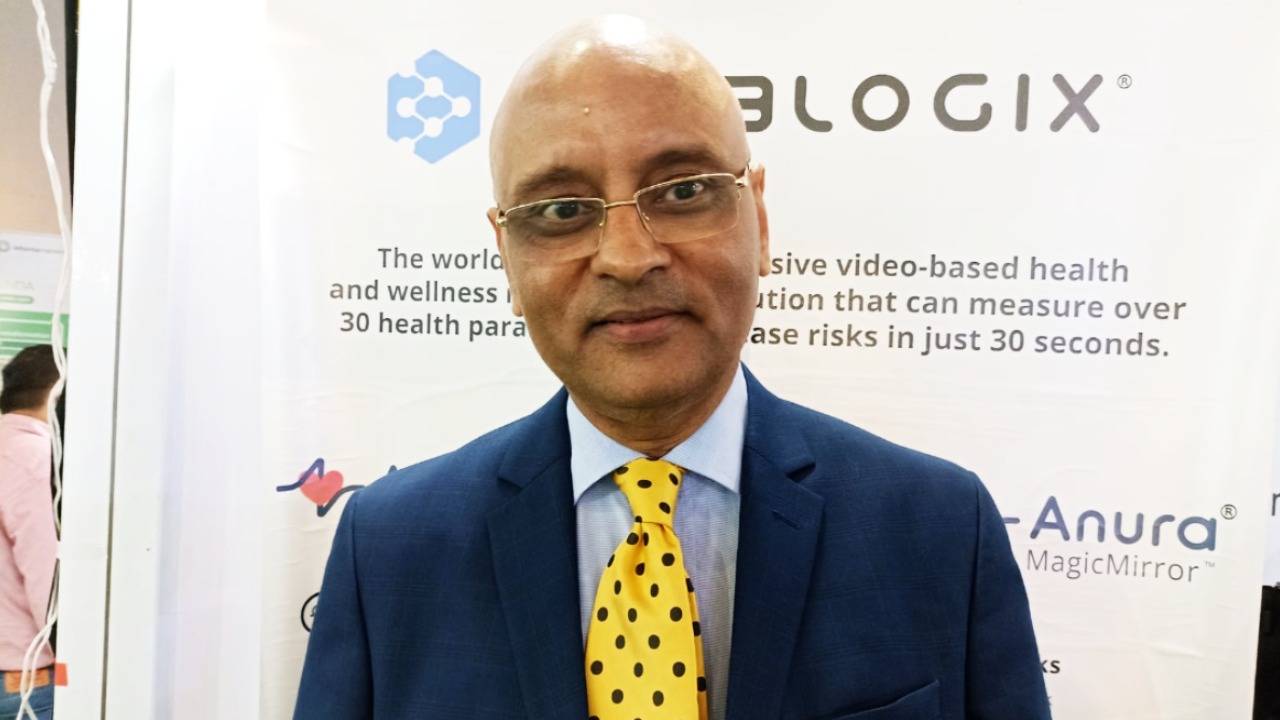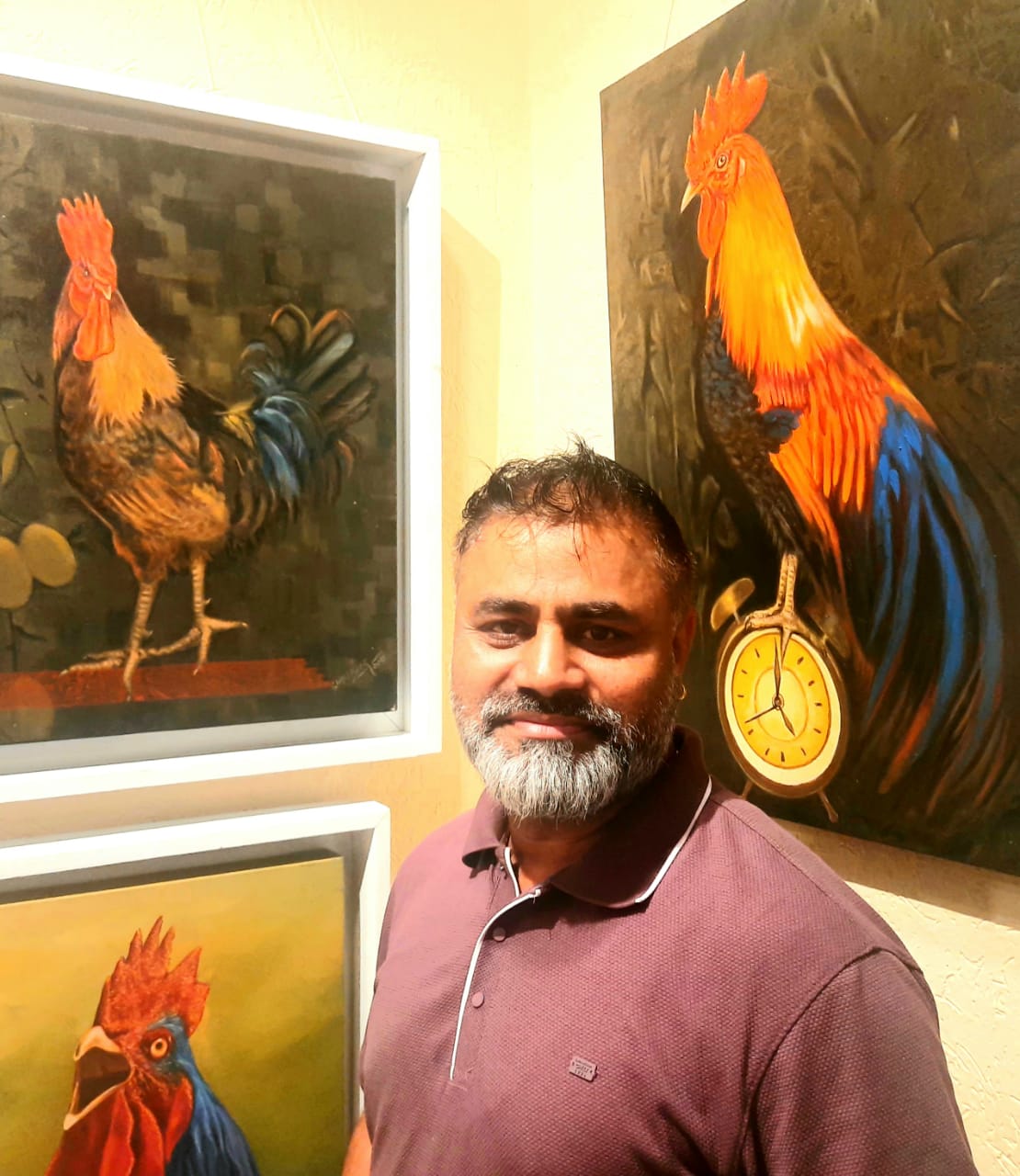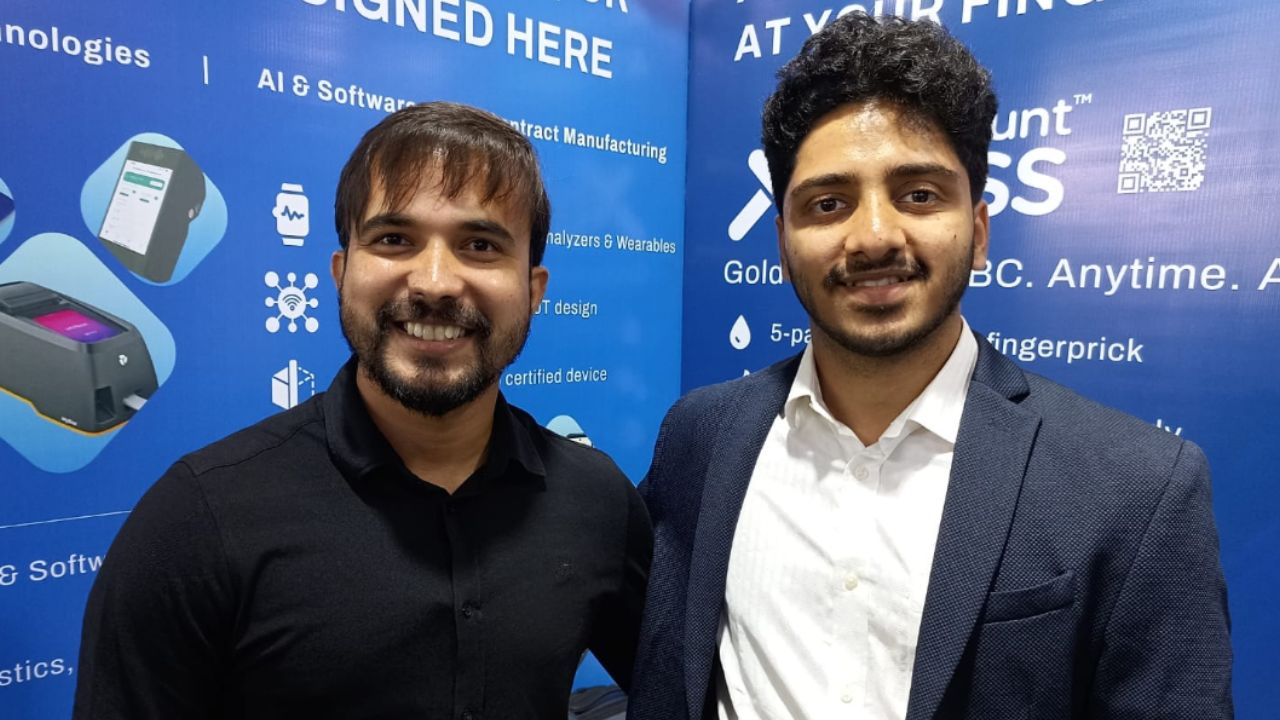The GL Bajaj Group, founded in 1997 by visionary philanthropists and intellectuals, is committed to delivering value-based education within an innovative and nurturing environment. With nine campuses spread across NCR and Mathura, the Group has pursued its mission to provide high-quality education to thousands of students and emerging professionals in disciplines such as Management, Technology, Education, Dental Science, Engineering, Pharmacy, and Library Sciences.
Established in 2007, GL Bajaj Institute of Management and Research (GLBIMR) in Greater Noida operates under the aegis of the GL Bajaj Group of Institutions. Over the past decade, GLBIMR has experienced remarkable growth over the past decade, earning a distinct reputation in management education.
In an exclusive conversation with The Interview World, Prof. (Dr.) Sapna Rakesh, Director of GL Bajaj Institute of Management and Research, highlights how the institute integrates internships into management programs to enhance students’ practical learning. She emphasizes the institute’s efforts to bridge skill gaps, outlines their strategy for addressing the challenges of reskilling professionals and reintegrating them into the industry, and shares innovative approaches to enriching the learning ecosystem. Here are the key takeaways from her interview.
Q: How does GL Bajaj Institute of Management and Research integrate internship opportunities into its management programs to enhance students’ practical learning and industry readiness?
A: At GL Bajaj Institute of Management and Research, we view internships as a critical component of our postgraduate management program. We dedicate 30-35% of each student’s time to internships, ensuring they gain practical experience throughout their studies. From the first trimester, students engage in progressively challenging internships, designed to deepen their understanding and involvement in real-world business environments.
The initial internship introduces students to the basics—exposing them to organizational structures, workplace dynamics, and entry-level roles. As they advance to the summer internship, which follows the completion of their first year, the experience becomes far more intensive. Here, students undertake in-depth projects that address complex organizational issues and decision-making challenges. This phase pushes them to think beyond the status quo, applying their creativity and management skills to real problems.
Recognizing the importance of hands-on experience, we have expanded our summer internship from two to three months, in addition to a 15-day initial internship. Students also participate in another live internship lasting about a month. After completing their summer internship, they return to their studies and then embark on a dissertation project, which is also industry-integrated.
Through these structured internships, our students spend substantial time tackling real-world problems, allowing them to develop practical skills that complement their academic learning. This approach ensures them to integrate seamlessly into the professional world.
Q: Given the skill gaps present both in the industry and among students graduating from institutes, how are you working to bridge this divide and ensure that graduates are industry-ready?
A: Skilling remains a significant challenge in our country. We must shift our perspective and recognize that education is not merely about acquiring knowledge; it’s about developing life skills. Regardless of your field, your education is incomplete until you can apply it effectively. This practical implementation is crucial.
To address this, course curriculums and delivery methods are now designed with a clear objective: ensuring that students gain the necessary skills. Credits are awarded not simply based on academic knowledge, but on the actual acquisition of these skills.
First, we’ve restructured our approach so that credits reflect skill mastery rather than traditional learning. Second, you rightly pointed out the need for industry involvement. We’ve taken initial steps by introducing short-term courses that allow industry professionals to collaborate with our faculty, fostering practical learning.
Lastly, we must prioritize the continuous development of our faculty. A strong ecosystem is essential, where faculty members are consistently upgrading their skills to better serve both students and the industry. These are the three critical areas where our focus is needed.
Q: How is your institute addressing the impact of advanced technologies on employment, and what initiatives are you implementing to reskill and reintegrate laid-off employees into the industry?
A: The NEP’s strength lies in its flexibility, allowing individuals to pursue independent courses and modules that enhance their educational credentials. The ecosystem in our country is evolving, enabling professionals to return from industry and engage in courses that re-skill them. However, the most significant challenge is the outdated mindset that limits people to a single field, believing they cannot or should not learn new skills.
This mindset is counterproductive and harmful. If your skills become outdated, you risk becoming irrelevant as well. This is a flawed approach because humans possess immense adaptability and capacity for learning. We aren’t born to be data scientists, engineers, or managers; we develop into these roles because we are endowed with the ability to learn and grow.
Thus, a shift in mindset is crucial. It’s not just about the availability of re-skilling opportunities, which are now abundant, but overcoming the mental block that prevents people from seizing these opportunities.
Q: What innovative approaches are you implementing to enhance the learning ecosystem at GL Bajaj?
A: Our approach redefines the role of an institution; it’s not just about faculty and students. We are actively engaging with society, the community, industry, research labs, and researchers year after year. This proactive outreach integrates us into the broader societal ecosystem, moving beyond the traditional confines of an institution with closed boundaries and high walls.
One significant change you will notice is our commitment to encouraging students to step outside the campus, experiment in the real world, and bring back those learnings. We believe that unless young minds engage with grassroots realities, they cannot fully understand the challenges, nor can they effectively contribute to the development of their organization, nation, and themselves. This is an innovation we consider absolutely essential.
Furthermore, we recognize that technology will shape the future. That’s why our management programs place a strong emphasis on technology. While AI has already begun to make its mark, we are fully aware that, within the next five to ten years, all major innovations will be driven by AI. We are embedding this understanding not only into our curriculum but also into the mindset of our students.
Lastly, we are preparing our students to become lifelong learners. We believe education is a continuous journey, and learning shouldn’t end with graduation. To support this, we have developed numerous programs specifically designed for our alumni to return and continue their education. These are just a few of the innovations we have implemented to foster continuous growth and development.









